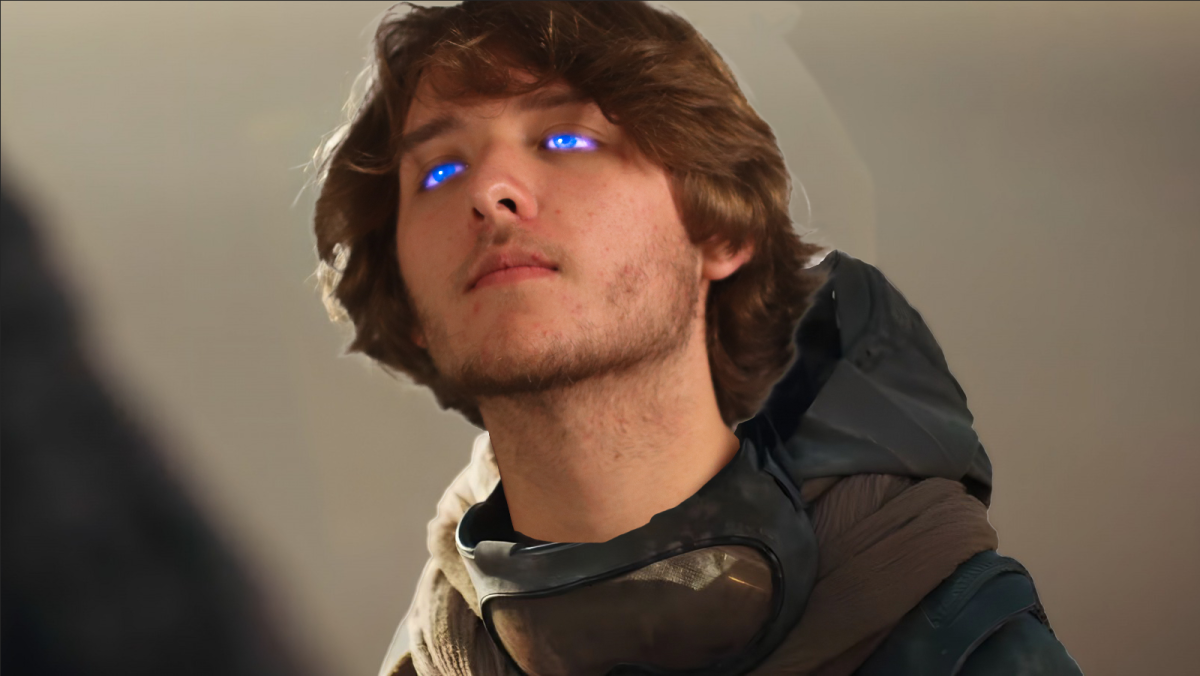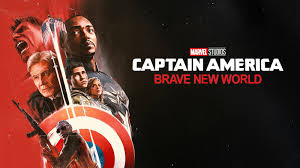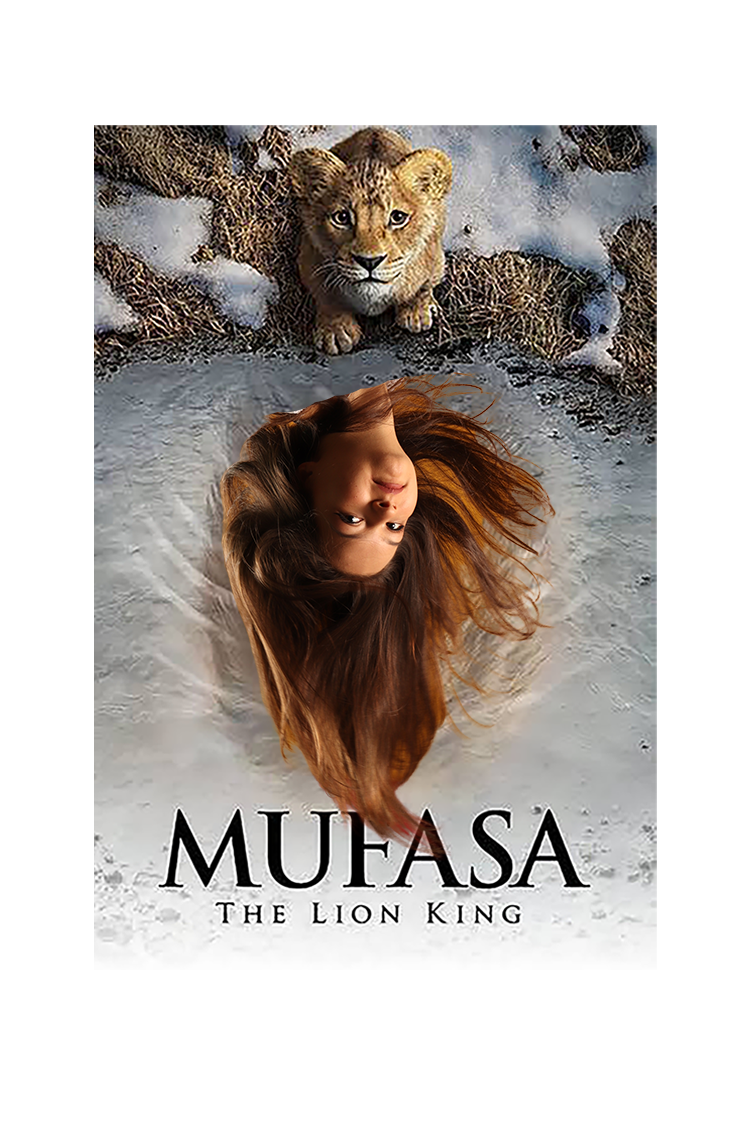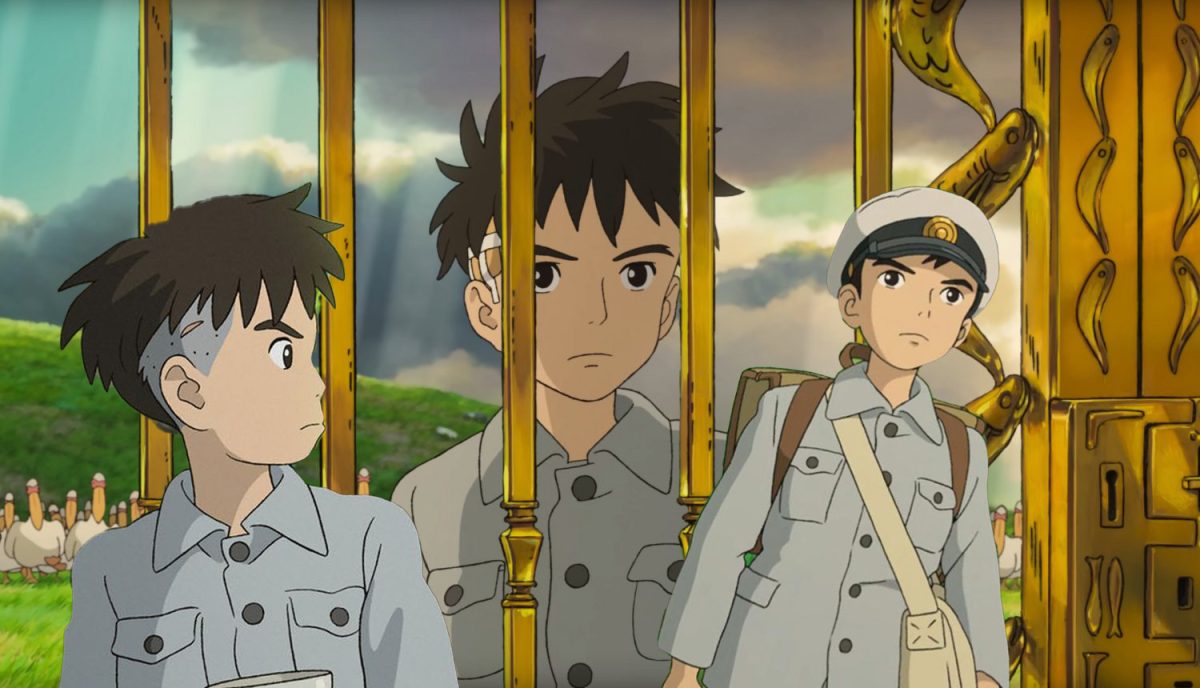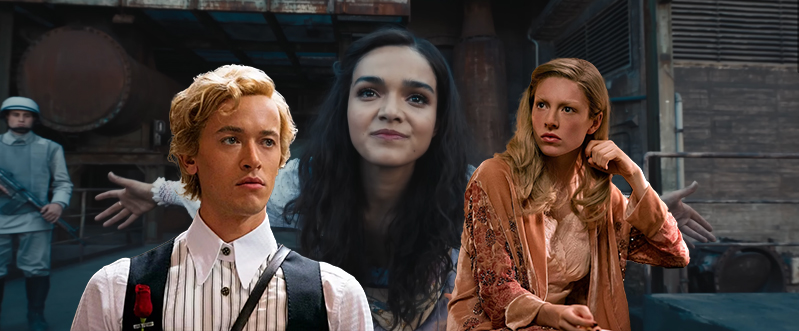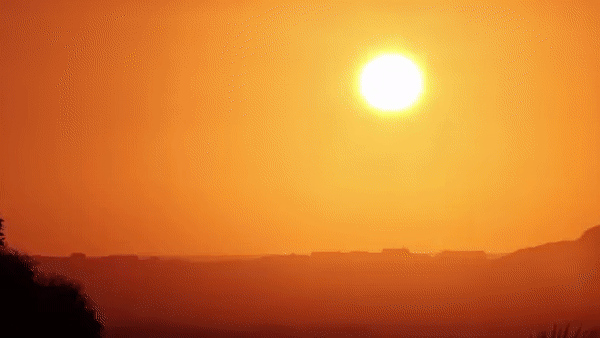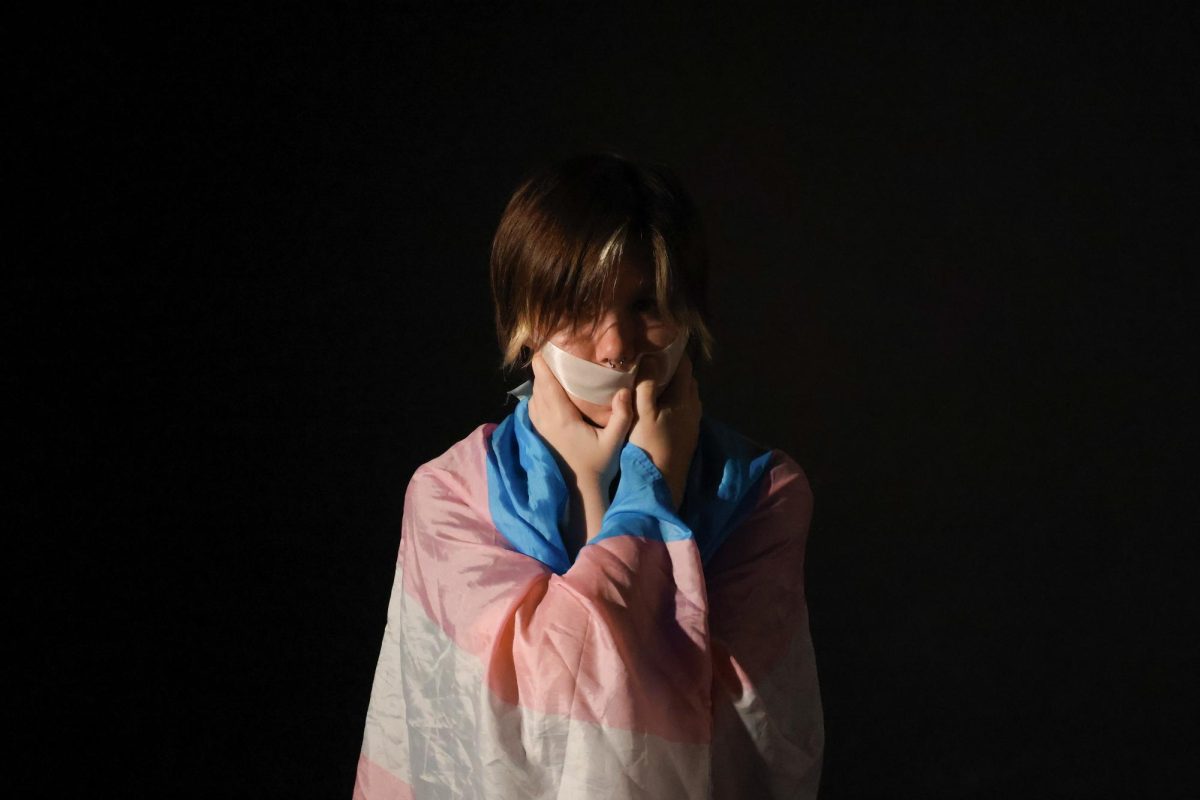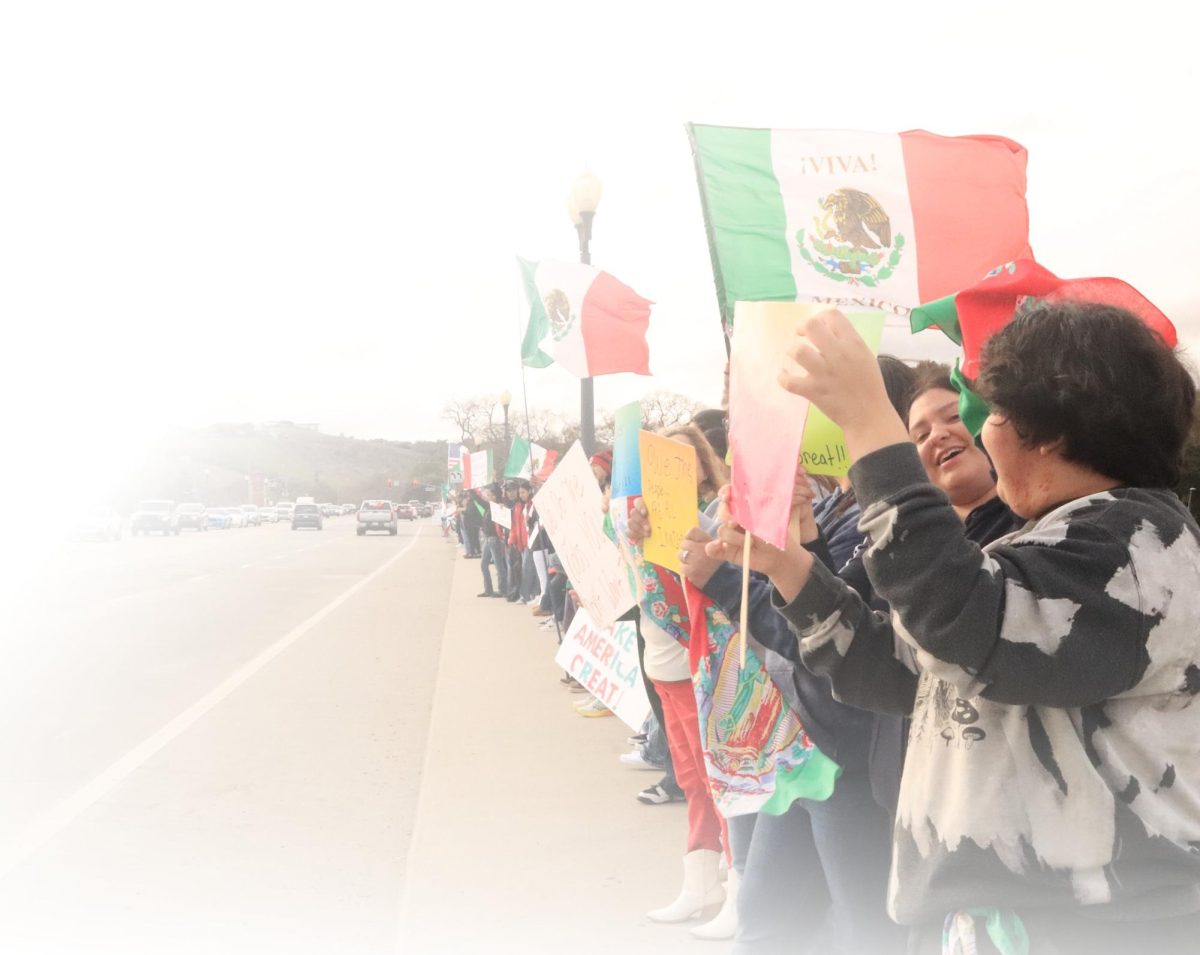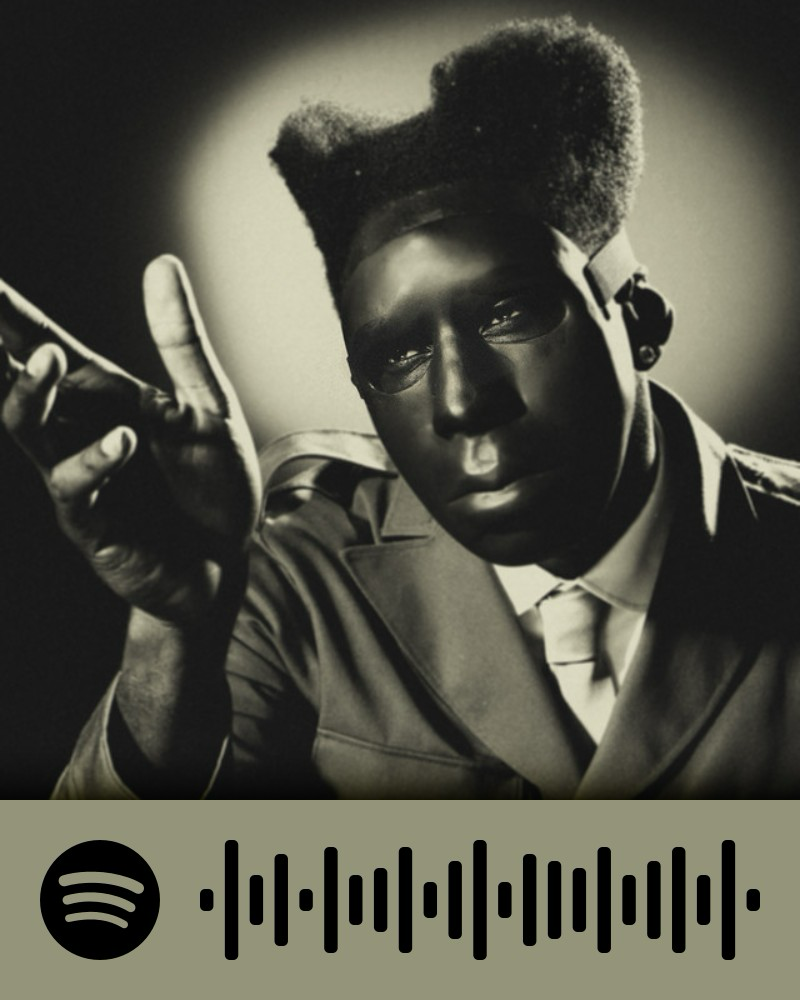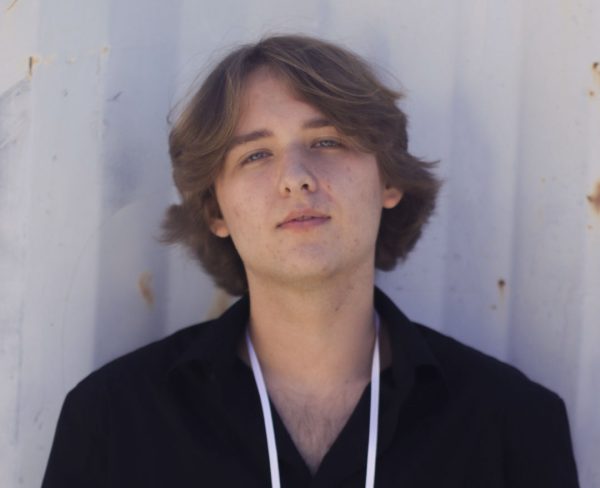In the dry desert of mediocre movies like Madam Web and Night Swim that lay buried in the grains, an oasis filled with a pool political philosophy and a galactic empire appears. Dune: Part Two was released March 2nd 2024 after waiting two years since Dune: Part One which was released October 22nd, 2021. Created from the works of the original book Dune by Frank Herbert released in August of 1965. This movie is the second part of the first book, with still five books remaining, it stands at a staggering 896 pages on an average printing.
Directed by Denis Villenueve, eye-catching scenes are brought to immerse the viewers into the planet of Arrakis on a ship and into the Duniverse. With movies like Blade Runner 2049, Prisoners, and Arrival, Villenueve is someone who I trust to deliver this series in the best way possible. As an individual who has read the first book, and is still on the journey to read the majority of the franchise, I find that this adaptation is extremely faithful and breathtaking. From the political sabotage to the emotional destruction, Dune 2 is a promising look into the future of science fiction movies and ideas of society.
Currently sitting at 94% on Rotten Tomatoes, a 9/10 on IMDb, and a 79% on metacritic, Dune 2 is a beautiful piece of fiction. Villenueve has gone bigger, and better, in this movie with some of the best spectacles I have ever seen in any form of media as Paul Atriedes, played amazingly by Timothée Chalamet, rides along the back of gargantuan sand worms. The ex-aristocrat teenager now turned crusader and future ruler takes the main stage once more as he becomes allies with the Fremen, the planet’s native people. Believed to be a messiah by many, Paul is guided by Lady Jessica(Rebecca Ferguson), Stilgar(Javier Bardem), and his love interest Chani(Zendaya).
The movie picks up with the Harkonnen threat(a royal house in the Duniverse that had slain House Atreides, and was the strongest house at the time), which I believe was done effectively, but better in the first movie. Harkonnen and the Emperor are the main antagonists throughout the story of the first Dune Novel, other than Paul’s internal dilemma, which I will get to later on. While I think that the Harkonnen authority was still well done, it almost felt as if they were comically evil. In a sense, you never see the Harkonnens do a single good action in the entire movie as a political house. But this is not just an issue in the movie, but in the book as well. In the original Dune book, the Harkonnens, specifically their leader Baron Vladimir Harkonnen, who was depicted as a pedophile while also being incestous were violently evil.
However this tension of racial murdering, due to the Harkonnen’s attempting to butcher the entire race of Fremen is cut up by the comical relief that another main character Stilgar brings. While still remaining to have almost a zealous personality towards his religion and prophecies, the movie uses this as a way to break up tension with the actor’s amazing performance and facial expressions along with ridiculous but well written dialogue.
Such as when he stated “See, he is too humble to admit that he’s the Madhi. That’s more proof that he is!” Other than Paul and Chani, Stilgar was easily my favorite character.
Stilgar and the other Fremen are most likely the best part of the film as an entirety, and especially their costume designs and learning more about their culture. Their entire fascination with water was extremely intriguing, and the movie did an amazing job with it with all of the small snarky comments that a lot of them would make towards people they didn’t like to keep the lore serious but still fun. Such as a line of dialogue when Chani was referring to Paul’s friend Gurney Halleck, one of the few survivors of the Atreides House, where she referred to him as a “Whole lot of water right there.”
Their culture plays the most integral role in the entire series, other than the Bene Gesserit. The two overbearing forces towards Paul, who is said to be the messiah of the Fremen culture and the Chosen One that the Bene Gesserit have been attempting to breed for thousands of years give an effective sense of pressure towards the conflicted teenager.
But I am slightly upset about how much they had made the Bene Gesserit Reverend Mother Jessica into a brutalist mastermind. While the Bene Gesserit are supposed to be the masterminds of the universe(and you can argue that they are the main “villains” of the entire series, which is something I slightly agree with), I think that making Jessica more like that is worse off for the character. In the books, she struggles a lot more with her identity of being a Bene Gesserit and being Paul’s mother, which makes her character much more intriguing in my opinion.
While in the first movie we see this struggle a lot more, Jessica fully dives into her mastermind abilities upon learning that Paul could essentially become a God. However, I will not deny that it plays into the larger theme of the Dune message and meaning as a whole. While better seen in the 2nd Book, Dune:Messiah, Dune is a story about the evils of monarchies, totalitarianism, manipulation, and abuse.
The message is apparent still, with Paul taking over the entirety of the Fremen with ease after fulfilling the prophecy that the Bene Gesserit, but I do wish for that to have been a change that the movie made compared to the book.
But I continue to stick by my opinion of this being one of, if not, the best cinematic experiences ever made. With two specific scenes I enjoy a lot. The battle scene on the Harkonnens home planet, where we see another one of the main villains Feyd-Rautha Harkonnen, which was entirely filmed in black and white. Giving the brutality of it a better feeling as blood is drawn and the intensity of the black colors slamming against the screen becomes more apparent in the battle scenes. However, my favorite scene in the entire movie was easily the finale.
The colors and cinematography of it all was beautiful. Specifically the colors of it were gorgeous, and I can only imagine the struggles that the color grading team had to go through in order to make it look as amazing as it did. The final battle between Paul and Rautha was so simple and decently short, but it was still intense enough to the point where for anyone who hadn’t read the books would think that Paul might even die because of him being so young and not in full control of his future sight.
Yet with the dagger twist into Rautha’s stomach and the sound of the blade piercing skin, muscle, and bone, Dune has a phenomenal ending.
While there are a few issues with the characters that I am not personally the biggest fan of, I still believe Dune:Part 2 is a modern classic, and an example of science fiction dystopia done in the best way possible, and an example of how gorgeous a movie can be. I rate this movie a 10/10, and excited to see what comes next under the view of Villenueve.

